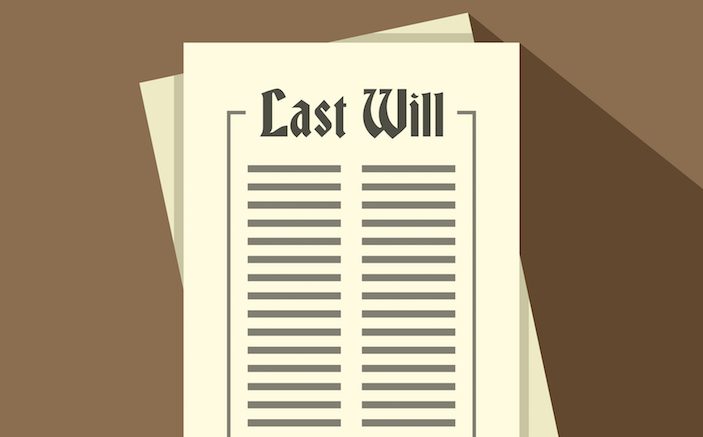When you’re planning for your future, consider strategies that can help you bypass the probate process and leave assets to your beneficiaries directly.
When you die with a will, your estate goes through probate, which is a state court process that manages, settles, and distributes your property according to the terms of your will. As a high income earner you may be skeptical of the probate process for a variety of reasons:
- Many physicians don’t like the idea of the courts and the government meddling with their family finances.
- Depending on the state you live in and the complexity of your estate at death, the probate process can be lengthy—sometimes taking 1 or 2 years or more.
- The costs can be high. Probate costs can include court costs, publication costs for legal notices, attorney’s fees, executor’s fees, appraisal fees, and other fees. The larger your estate, the more money your estate will have to pay. This could amount to several percent of your estate’s value, which means less left to your beneficiaries. The process can be public which means that creditors have some time to file a claim against your estate. It’s not the best way to shield assets from potential litigators.
Thus, you may want to consider ways to bypass the probate process and instead leave assets to your beneficiaries directly.
How to Bypass the Probate Process
1. Add POD or TOD to your accounts
If you own a checking or savings account in your name only, you can simply add a Payable On Death (POD) designation to that account. It’s usually quite easy to set up with the bank. Upon your death. the bank will distribute that account to whoever you’ve designated. Similarly, if you own a brokerage account in your name only and the account holds stocks or mutual funds, you can add a Transfer On Death (TOD) designation which works similar to POD above. Again, this is very easy to do.
2. Confirm beneficiaries on your retirement accounts
When you designate a beneficiary on your IRA, Roth IRA, 401k, 403b and other retirement accounts, assets from those accounts go directly to your beneficiaries. I’ve seen many physician accounts that lack any beneficiary designation at all. Sometimes this is done on purpose for other estate planning reasons, but most of the time it’s because someone simply neglects to do it and doesn’t understand the consequences. You should be especially careful when you switch jobs and sign up for a new 401k plan. That’s a great time to not only designate beneficiaries for your new 401k but also to confirm the old 401k has beneficiaries listed as well.
3. Designate beneficiaries on life insurance policies and annuity contracts
Much like designating beneficiaries on retirement accounts, make sure you do the same for life insurance and annuities you own. Life insurance policies could pay out millions. Do you want the courts to determine who gets a share?
4. Hold assets jointly
The most common reason for holding assets jointly with someone else is that you’re married. You can own bank accounts, taxable brokerage accounts (IRAs, Roth IRAs, 401ks and other retirement accounts cannot be owned jointly), and even hard assets such as real estate equally between yourself and your spouse. Upon death your spouse automatically receives your share of the asset.
5. Transfer assets to a living trust
A revocable trust (informally known as a living trust) is a legal entity created through formal trust documents (usually drafted by an attorney in your state) allowing you to transfer property into the trust for distribution at a later time. You can act as the trustee of the trust and also designate beneficiaries of the trust in the trust documents. Physicians mistakenly think that setting up a revocable trust protects them from creditors, but that is not true because you retain control over the trust and therefore the trust assets. The advantage is that the trust documents govern the distribution of assets to beneficiaries (whom you specify) and therefore bypass the probate process.
Lastly, realize that the decision to use probate-bypassing techniques must be done in the context of an overall estate plan. There can be legitimate reasons to subject assets to the probate process (estate tax minimization and other reasons), so make sure you consult with a good estate planning attorney to determine whether any of these suggestions make sense for you.



